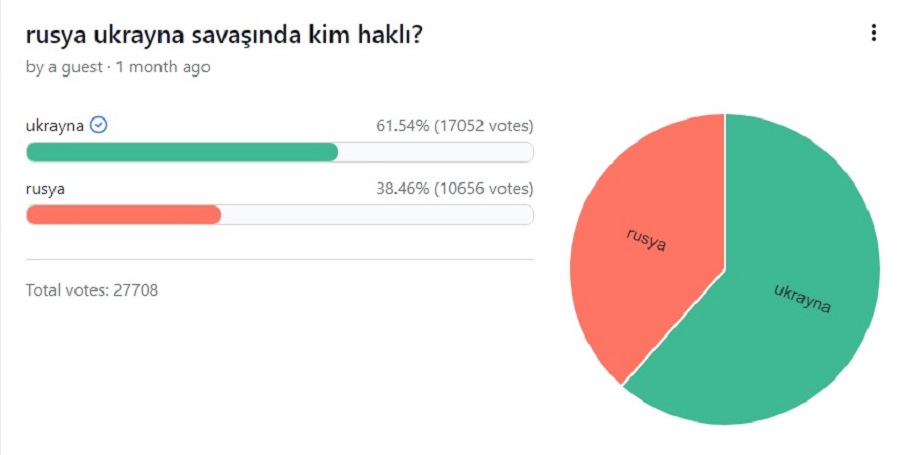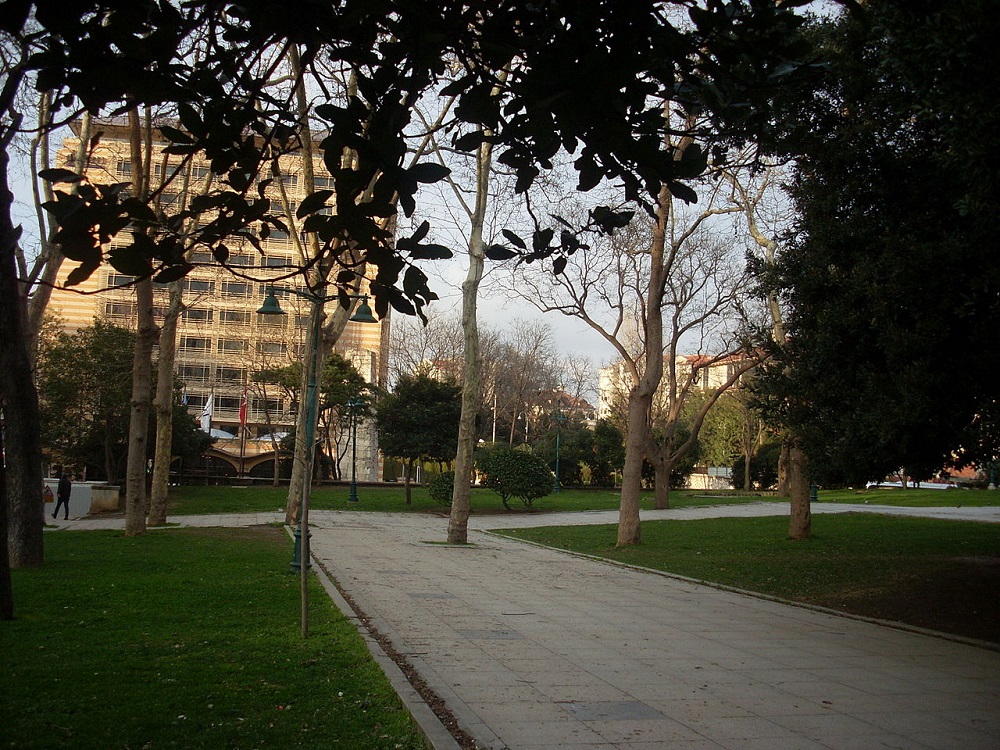Opinion from Baku: Why Turkey does not join sanctions against Russia?
Why Turkey did not impose anti-Russian sanctions
Turkey is the only NATO member country that did not join international economic sanctions against Russia. Since the beginning of Russia’s war of occupation against Ukraine, Ankara has continued to maintain close ties with both Kiev and Moscow. Azerbaijani politician discusses reasons for such a behavior of Turkey.
- “Shot in the back of the head” – evidence of Russia’s war crimes in Ukraine. Photo report
- Political scientist Zardusht Alizade: “War in Ukraine will be the end of the Putin project”
A poll conducted on a special Strawpoll website showed that almost 40% of residents of large cities in Turkey support Russian policy in the war against Ukraine.

Ankara is the only member of the North Atlantic Treaty Alliance that has not joined the international sanctions against Russia. At the initiative of Turkish President Recep Tayyip Erdogan, face-to-face (and so far the most productive) talks between representatives of Ukraine and Russia were held in Istanbul.
Expert commentary
According to the Azerbaijani politician, one of the leaders of the Republican Alternative opposition party, Natik Jafarli, economic and geopolitical factors play a primary role here.
“I will start with economic factors.
The trade turnover between Turkey and Russia is expressed in rather large figures. In 2021, Russia’s exports to Turkey amounted to $26.5 billion. The lion’s share in this volume is made up of natural gas and oil products. This is very important for Turkey because this country buys gas from Russia at cheap prices.
Another factor is Turkish Stream gas pipeline, which turns Turkey into a gas hub.
Turkey itself also exports quite a lot to Russia. In 2021, this figure was $6.5 billion. This once again shows the importance of the Russian market for Turkey, especially for those involved in agriculture.
Tourist relations between the two countries also have a significant volume. In pre-pandemic 2019, the number of trips from Russia to Turkey reached a record level of 11 million. In 2021, before the end of the pandemic, 4.7 million trips were made from Russia to Turkey.
But all that is only the visible part of the question. I think there are also invisible sides to it.
There is a kind of anti-Western political mainstream in Turkey. Both the left and the right, both the nationalists and those who support the clergy, base much of their political activity on anti-Western rhetoric. It can be said that everyone opposes the imperialists.
But for some reason, our brothers in Turkey, when speaking of the imperialists, mean only large forces in the West. Russia is not perceived as a stronghold of imperialism, and this seriously affects the rhetoric of politicians and the general atmosphere in society.
The main issue is that the lack of attitude towards Russia as an empire is based on the absence of the danger emanating from Russia. Turkey does not expect danger from Russia. Why? Because it is a member of NATO. If Turkey had not joined the North Atlantic Alliance in 1950, it might have faced much greater danger in relations with Russia, it would have felt its imperial foreign policy.
Therefore, the NATO umbrella, the confidence that the countries of the alliance give to Turkey, lead to the fact that in Turkey the West is more often blamed for imperialist behavior than Russia.
In this, the behavior of Turkey differs sharply from the behavior of Azerbaijan. Unlike Azerbaijan, Turkish society is not liberal. In Turkey, liberalism will never become mainstream in politics. In Azerbaijan, these currents and secularism are more pronounced. Azerbaijan has felt the power of the Russian Empire for 200 years.
Turkey has its own imperial history – Ottoman. Russia has its own similar history. The thinking of the peoples of empires differs from the thinking of the peoples of other countries.
If Russia opposes the West, it automatically wins sympathy in Turkey.
It is possible to talk about one more factor. What ‘legend’ does Russia use in the war against Ukraine? Russia claims that by doing so it protects Russians and Russian speakers in Ukraine. Turkey has the same story. In the 1970s, a successful military operation was carried out to protect the Turks and Turkic speakers in Cyprus.
From this point of view, Russia causes a appeals to the part of the politicians and the population of Turkey, because there are parallels.
Personally, I do not believe in such a scenario, but if suddenly Russia achieves some success in Ukraine, a precedent may appear for Turkey. Turkey can use this precedent to conduct similar operations in the future in order to protect the Turkic states and in the territories where the Turks live”, Natig Jafarli said.




















